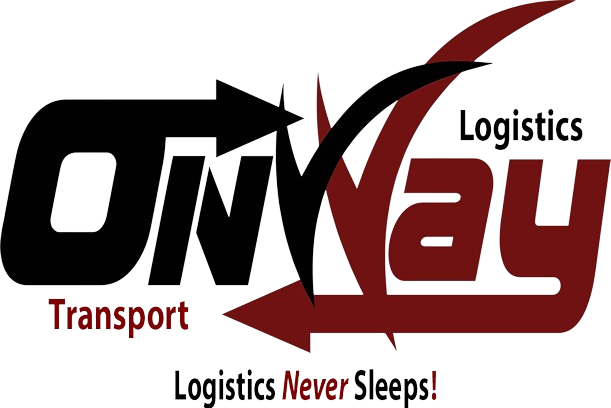The Critical Role of Box Truck Deliveries in Modern Logistics
In the labyrinth of modern logistics, box trucks play a pivotal role, bridging the gap between large freight carriers and the final doorstep delivery. These versatile vehicles are the unsung heroes of urban and suburban delivery networks, catering to a wide range of businesses, from local florists to large retail chains. This blog post explores the significance of box truck deliveries in today’s fast-paced market and how they adapt to the demands of various industries, enhancing efficiency and customer satisfaction.
Flexibility and Efficiency
Box trucks are especially valued for their flexibility. Unlike their larger counterparts, these trucks can navigate narrow city streets and residential areas with ease, making them ideal for door-to-door deliveries in densely populated areas. This capability is essential for businesses that require the frequent transport of goods across short distances. Whether it’s delivering appliances to homes or restocking small businesses, box trucks offer a practical solution that balances capacity with maneuverability.
Cost-Effective Operations
Operating a fleet of box trucks can be significantly more cost-effective than managing larger vehicles. Their size allows for better fuel efficiency, which is crucial in managing operational costs amidst fluctuating fuel prices. Additionally, the maintenance and repair costs of box trucks are generally lower, making them a viable option for small to medium-sized enterprises that need to maintain a competitive edge in the market without compromising on delivery efficiency.
Enhancing Last-Mile Delivery
Last-mile delivery is arguably the most challenging and expensive part of the shipping process. Box trucks excel in this final stretch by providing businesses with a reliable means to ensure products reach their final destination quickly and in good condition. The adaptability of box trucks to serve as mobile warehouses also aids in the reduction of loading and unloading times, further speeding up the delivery process and enhancing customer satisfaction.
Versatility in Cargo Handling
One of the standout features of box trucks is their versatility in handling different types of cargo. With varying sizes and equipped with features like lift gates and refrigeration units, these trucks can transport a diverse range of goods — from perishable food items requiring temperature control to bulky furniture that demands substantial space. This versatility makes box trucks indispensable in sectors like food service, retail, and e-commerce.
Integration with Modern Technology
The integration of advanced technologies has further augmented the efficiency of box truck operations. GPS tracking systems, for instance, allow businesses to monitor their fleet in real-time, ensuring drivers are taking the most efficient routes and reducing idle time. Moreover, IoT devices can track conditions inside the truck, crucial for cargo that needs specific environmental conditions, adding an extra layer of security and compliance.
Challenges and Solutions
Despite their advantages, managing a fleet of box trucks comes with its set of challenges, particularly concerning logistics and route planning. Urban congestion and parking limitations can impede timely deliveries. However, innovative solutions such as dynamic routing software have made it easier for drivers to avoid traffic hotspots and deliver goods promptly.
The Future of Box Truck Deliveries
As we look to the future, the role of box trucks in delivery services is set to grow even further. With advancements in electric vehicle technology, electric box trucks are becoming a viable option, promising to reduce carbon emissions and operating costs. Moreover, as e-commerce continues to expand, the demand for efficient, versatile delivery solutions like box trucks is expected to rise, reinforcing their essential role in the global supply chain.
In conclusion, box truck deliveries are more than just a component of the logistics network; they are a critical asset that enhances the delivery capabilities of businesses across various industries. With their flexibility, cost-efficiency, and adaptability, box trucks not only meet the growing demands of the modern market but are also evolving with it, promising a smarter, more sustainable future in logistics.

